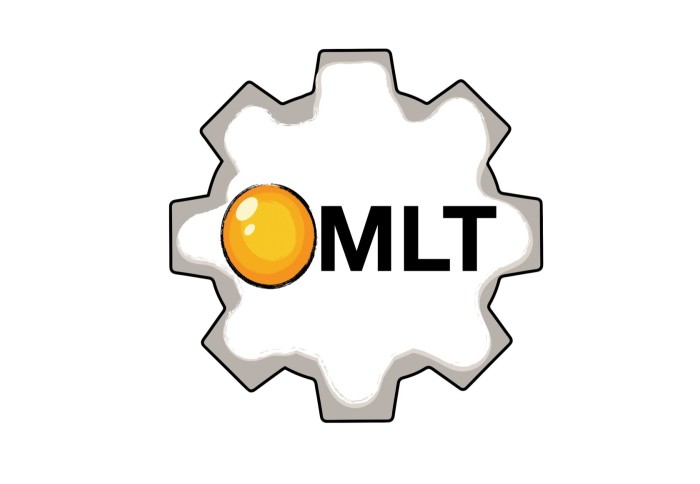Major contribution by Imperial undergraduate to open-source research software

Adi contributed to OMLT, the Optimisation and Machine Learning Toolkit
Adi Prasad, a second-year Department of Computing undergraduate, developed software for optimal decision-making over neural networks involving images.
This summer, Imperial undergraduate Adi Prasad developed so-called max pooling technology for OMLT, the Optimisation and Machine Learning Toolkit. Adi’s work gives OMLT users new possibilities for exploring image-related applications.
OMLT is an open-source research software package with contributors from Imperial, Carnegie Mellon University, and Sandia National Laboratories. OMLT is internationally successful research software with more than 15k downloads each month. OMLT won the 2022 COIN-OR CUP as the best contribution to open-source operations research software development. The OMLT research paper will appear in the Journal of Machine Learning Research. OMLT allows optimal decision-making over trained machine learning models. Applications include finding adversarial inputs and maximising trained acquisition functions.
Adi made his contributions as part of Imperial’s undergraduate research opportunities programme (UROP). Adi’s final result is a new OMLT feature that allows users to work with a special type of neural network structure called a max pooling layer. Dr Calvin Tsay, who reviewed Adi’s code before it was added to OMLT said “this contribution will open up new applications in widely-used image classification models.” Professor Ruth Misener, who supervised Adi’s UROP explained that “not only did Adi successfully implement state-of-the-art research technology before taking the prerequisite modules, but he also proved his work’s excellence to everyone on our team by developing effective testing examples.”
Professor Paul Kelly, the UROP champion in the Department of Computing said, “this is a wonderful result, I am so glad for both Adi’s individual success and the continuing success of the UROP programme.” Adi’s tutor Dr Anandha Gopalan added his congratulations with “this is brilliant and well-done Adi.”
For complete technical details on Adi’s work, see his contribution here.
Article text (excluding photos or graphics) © Imperial College London.
Photos and graphics subject to third party copyright used with permission or © Imperial College London.
Reporter
Mr Ahmed Idle
Department of Computing